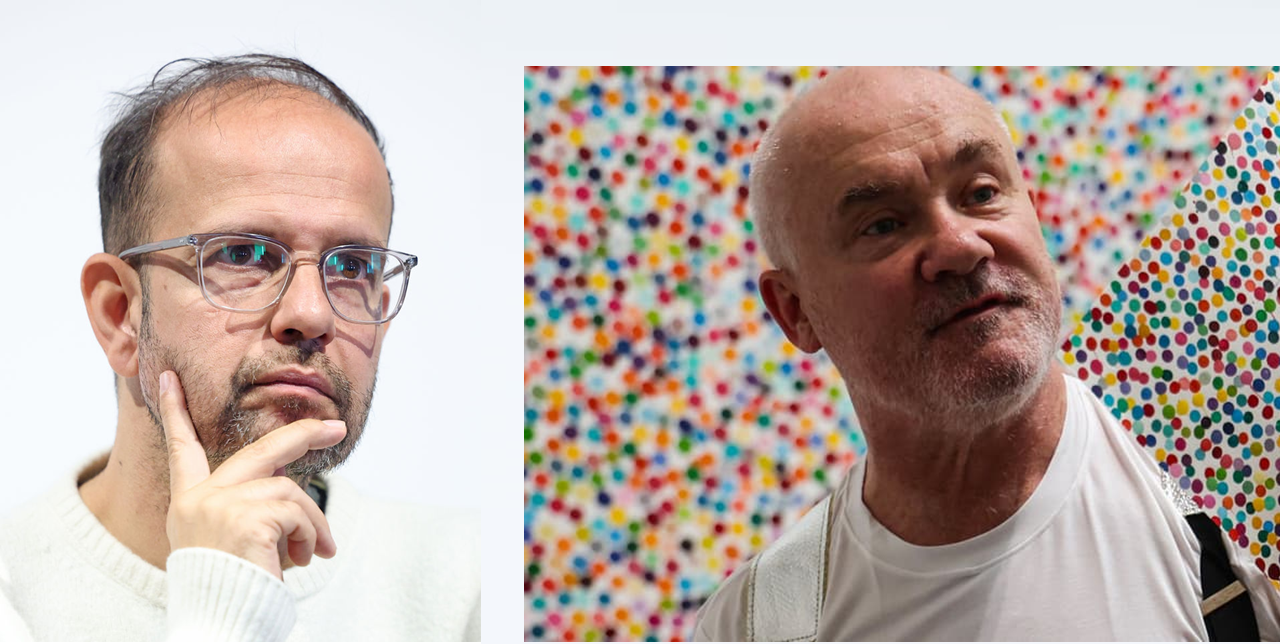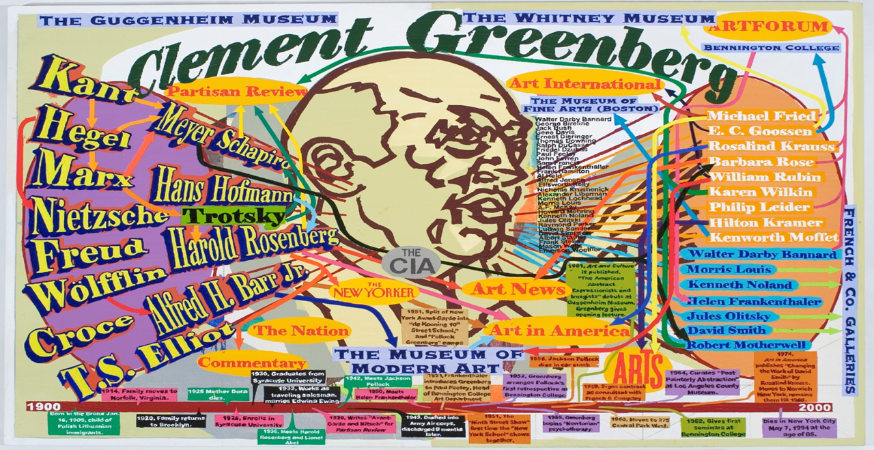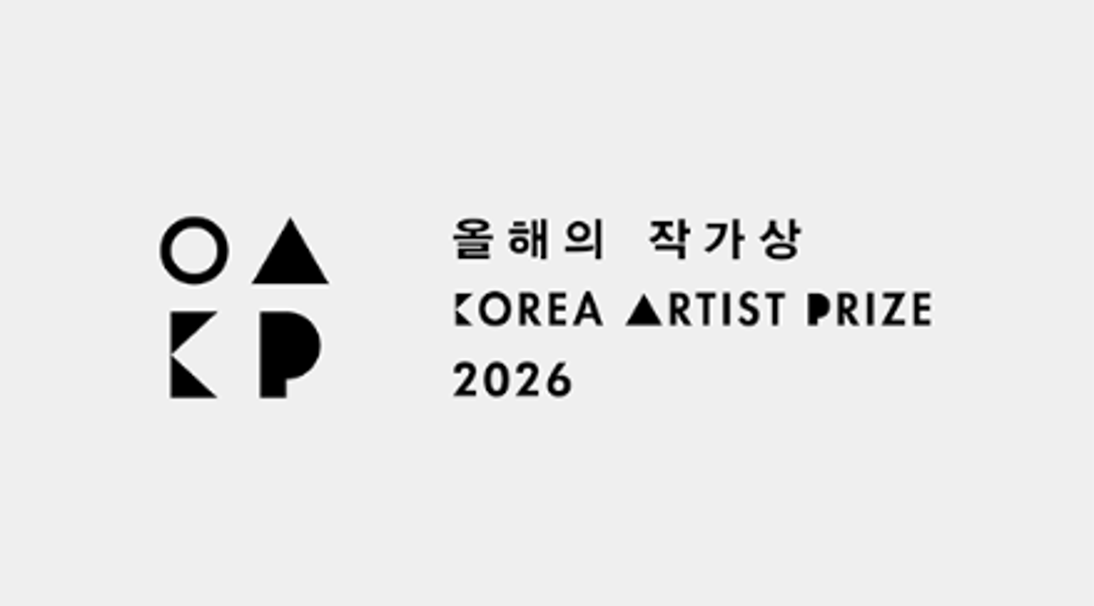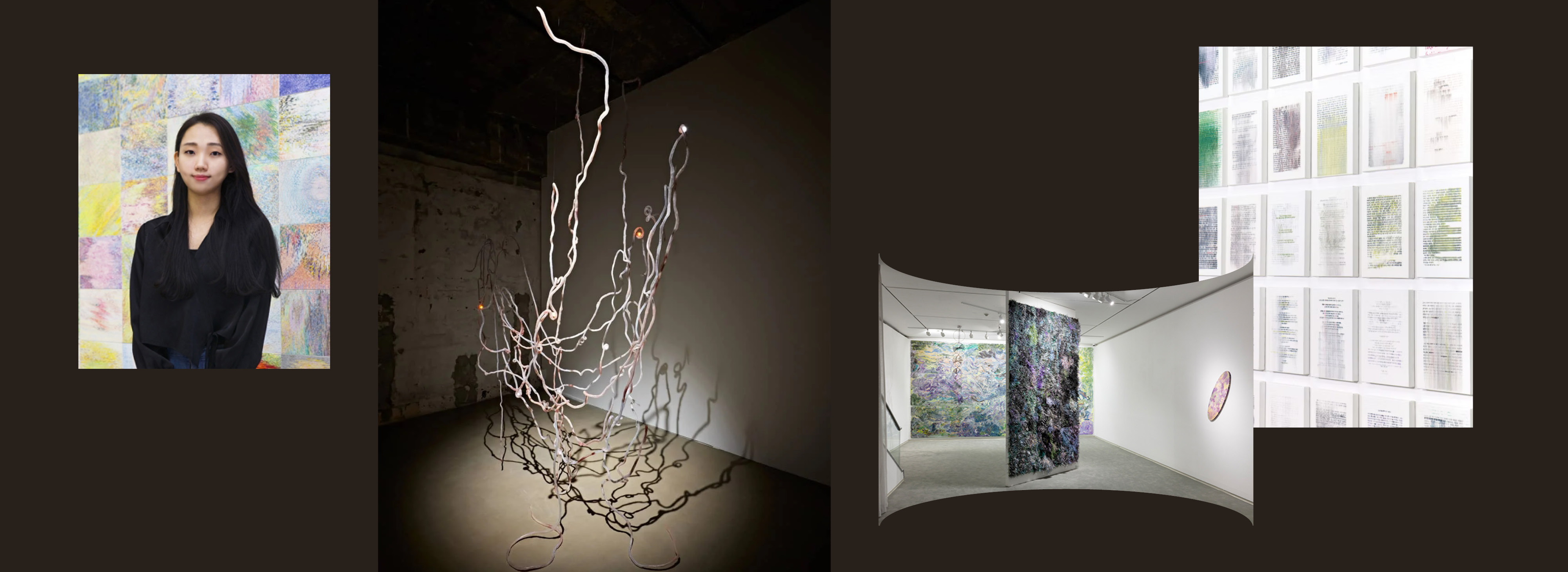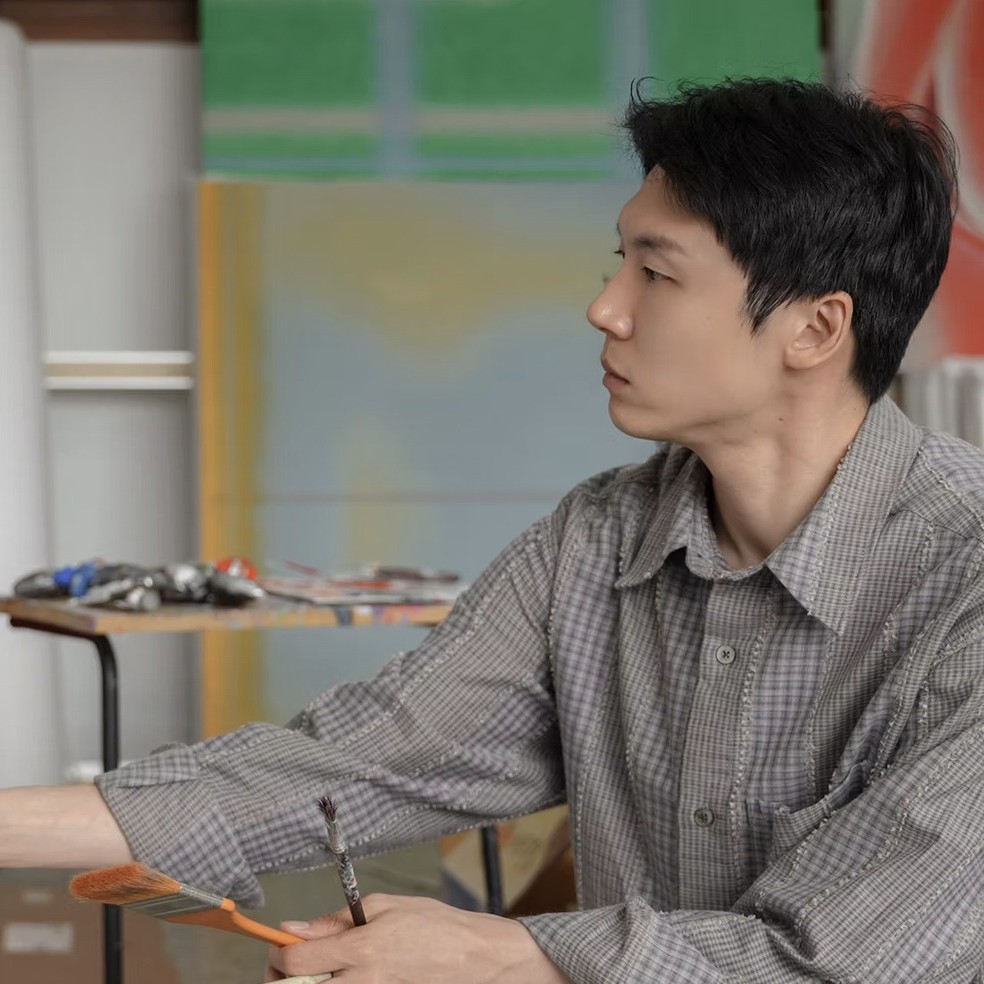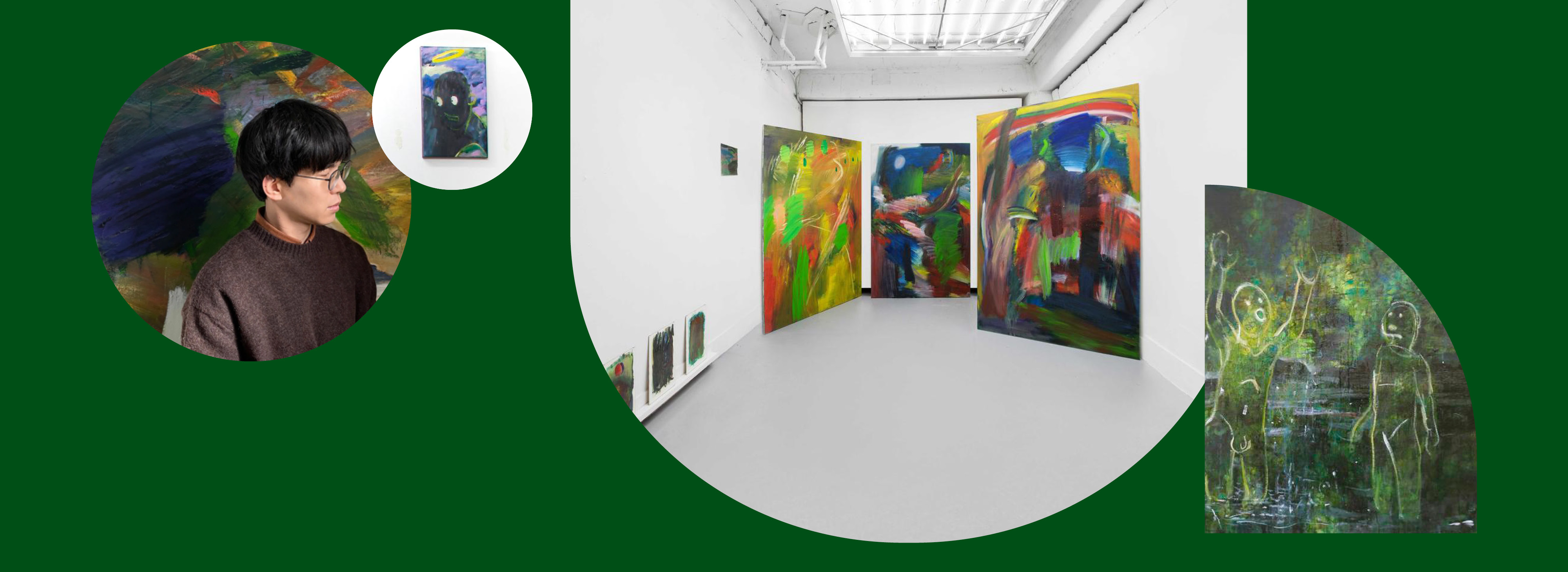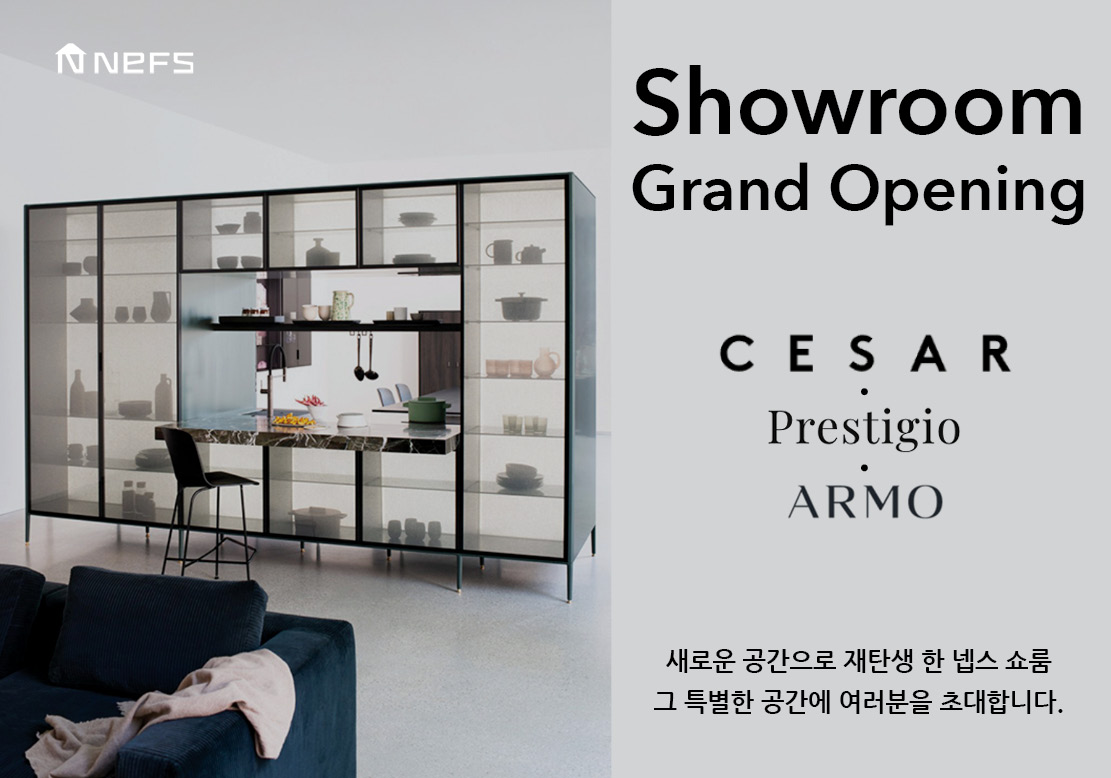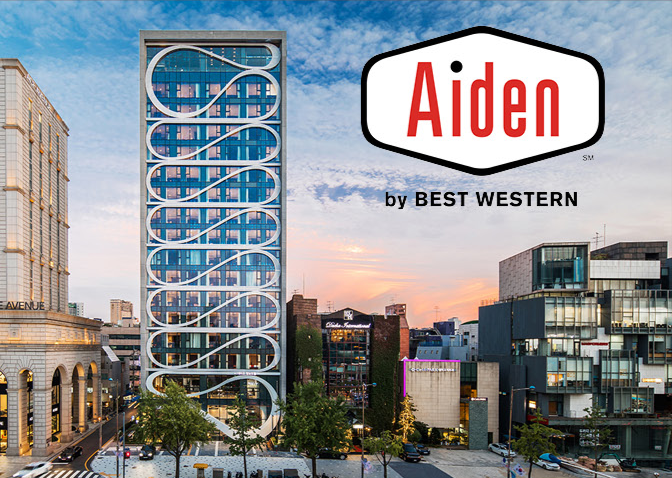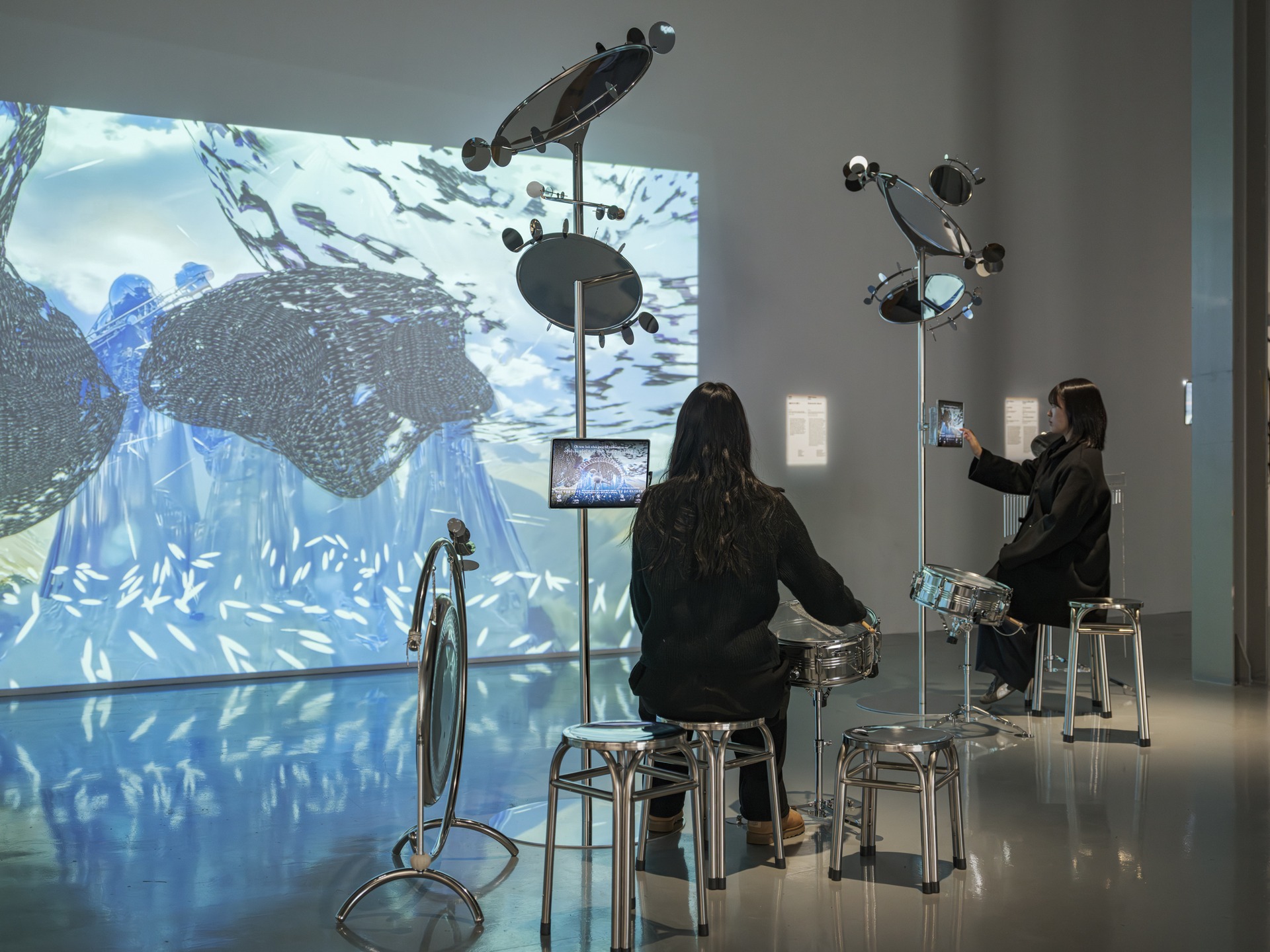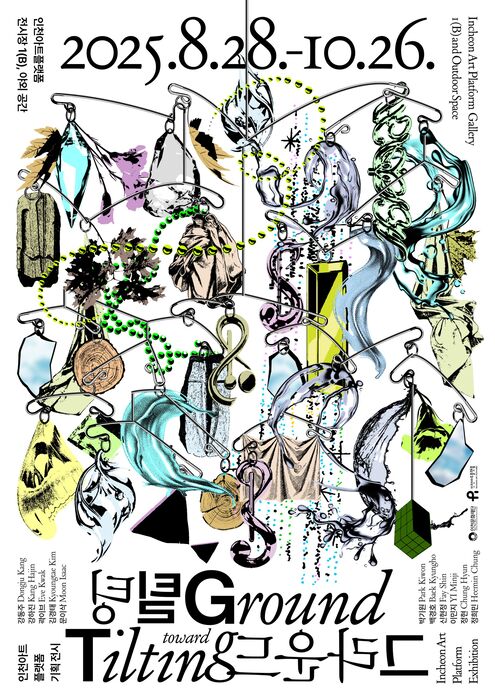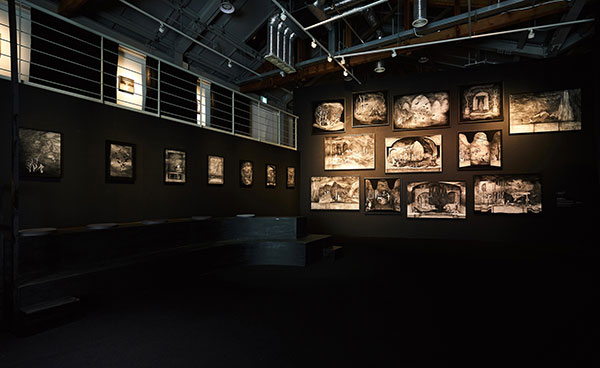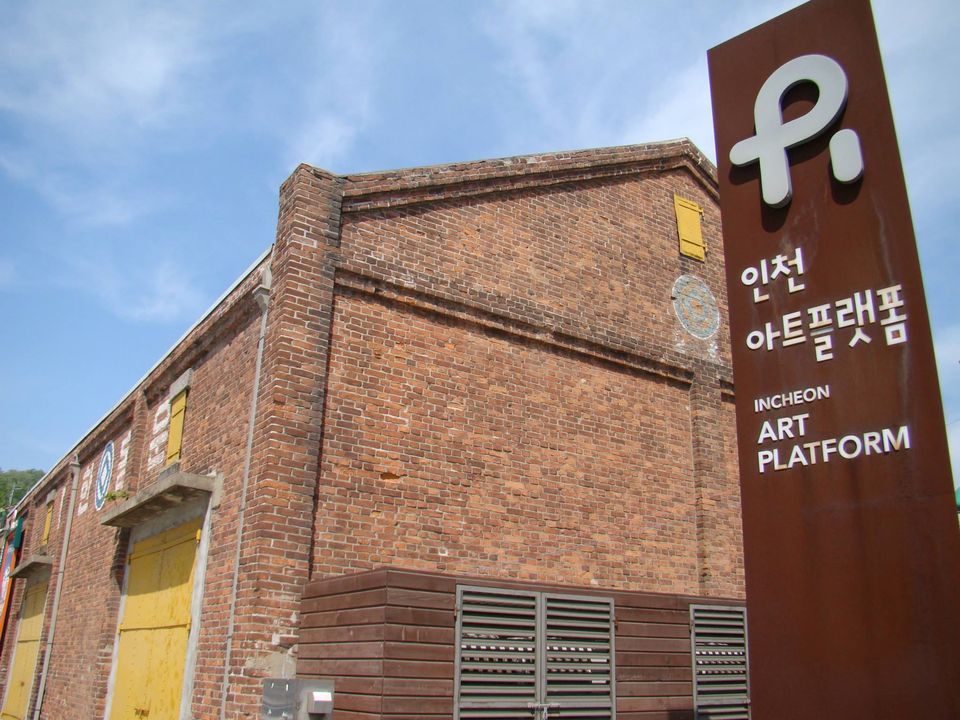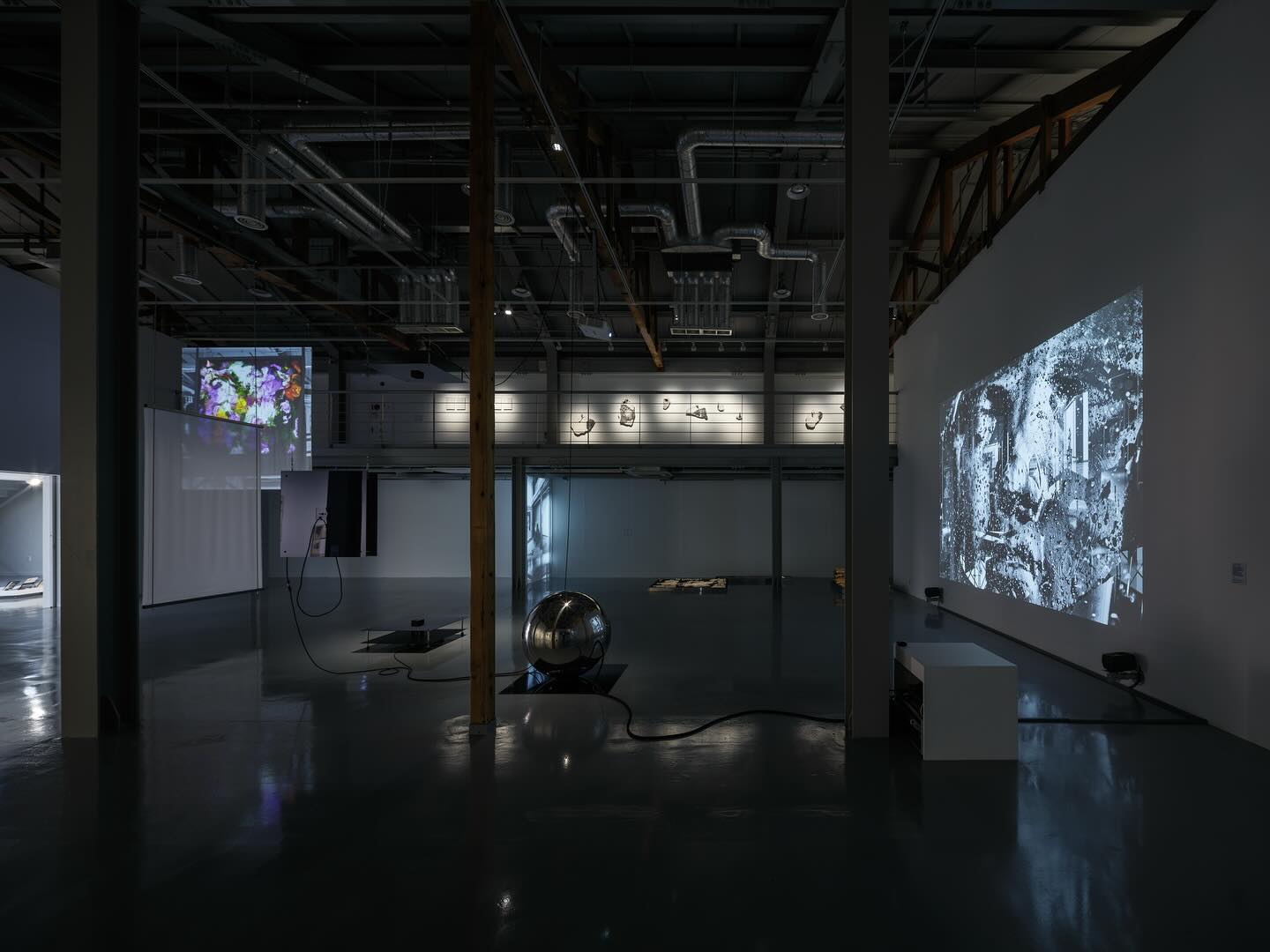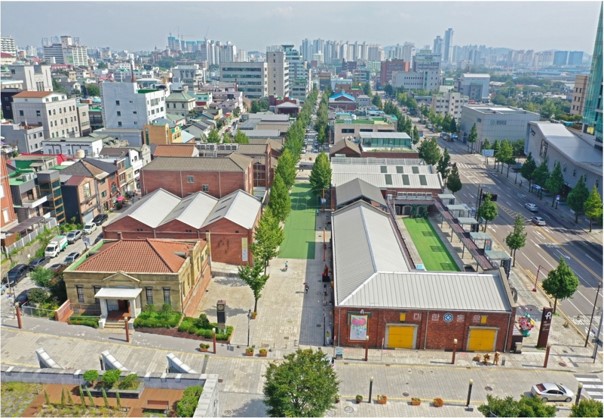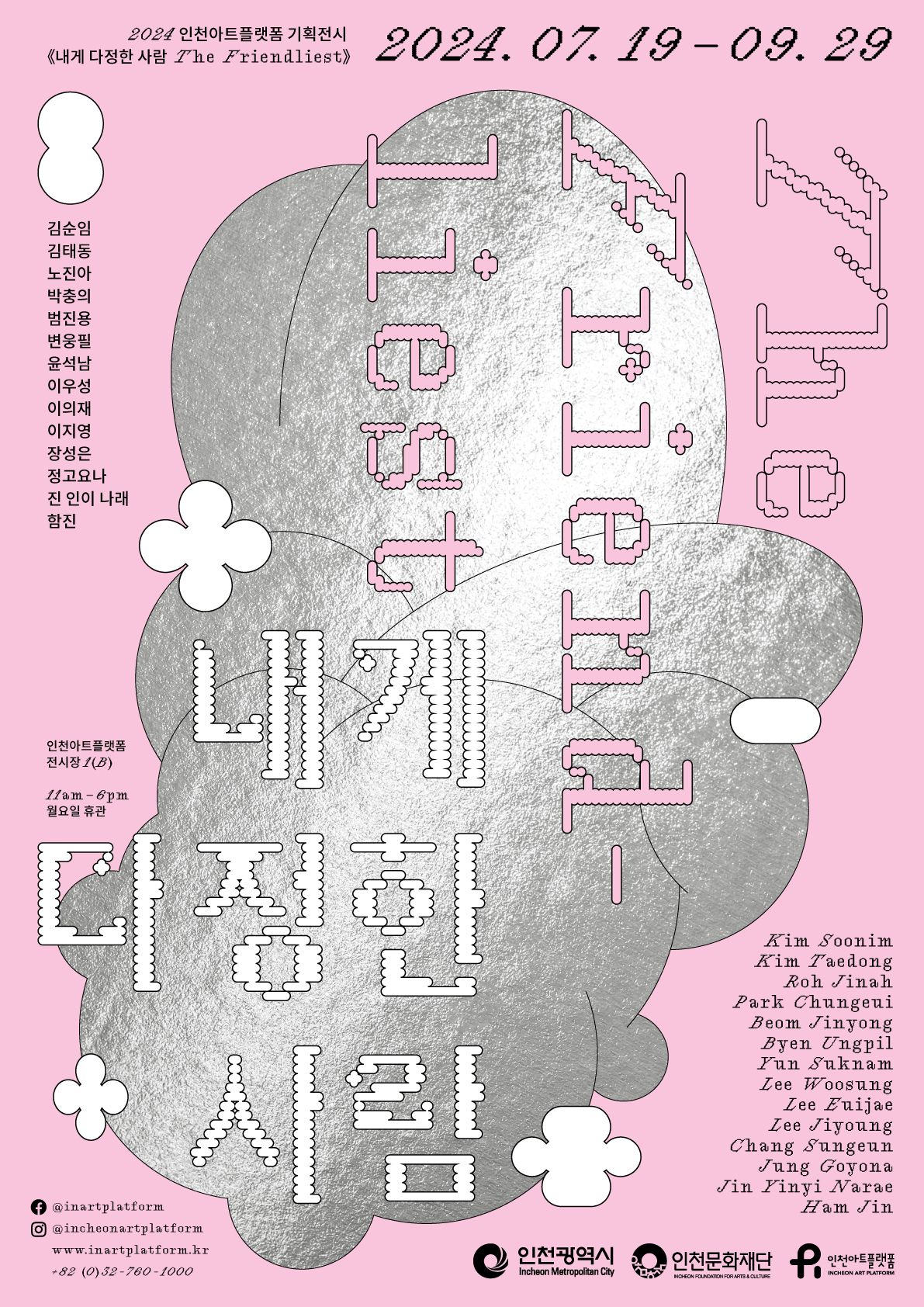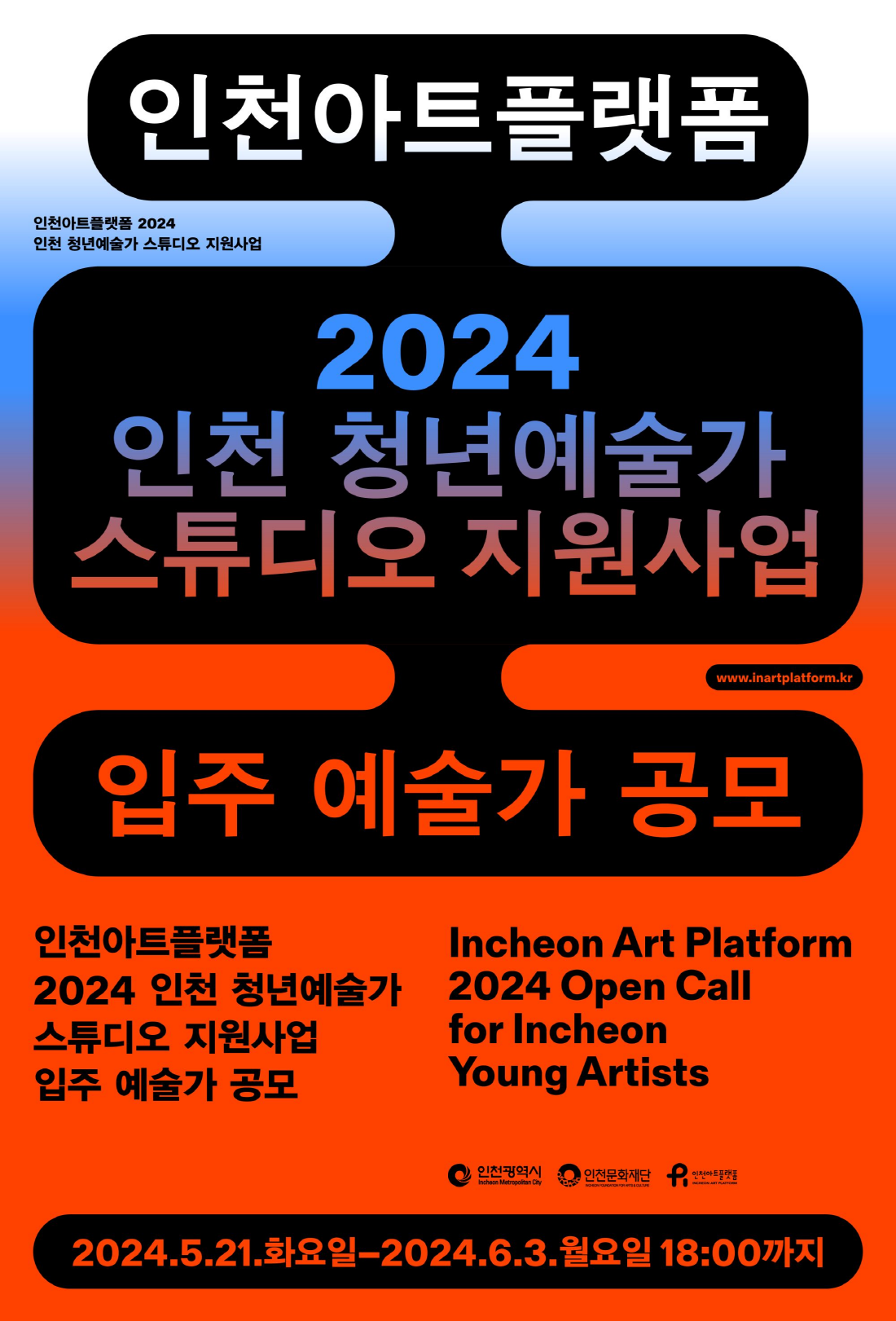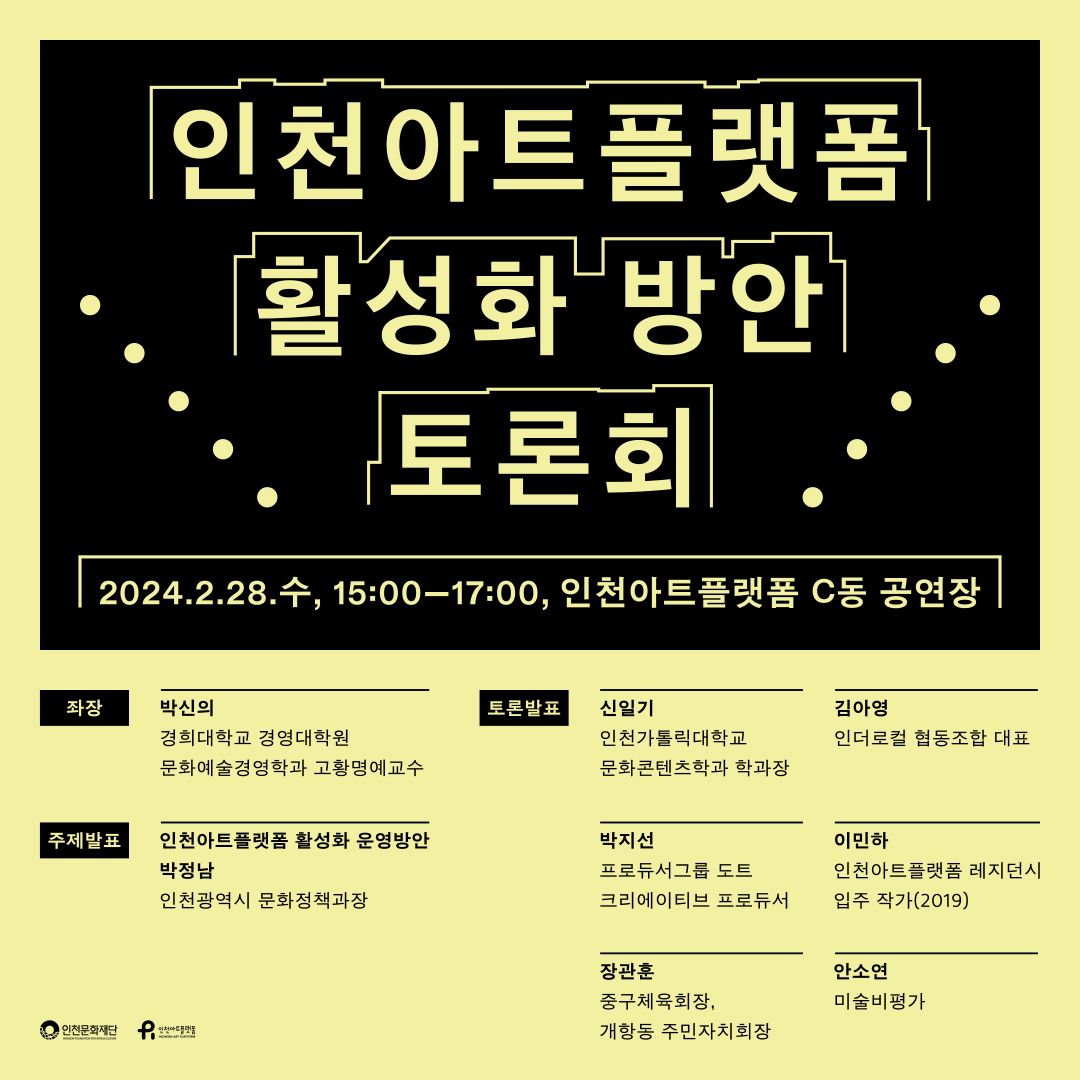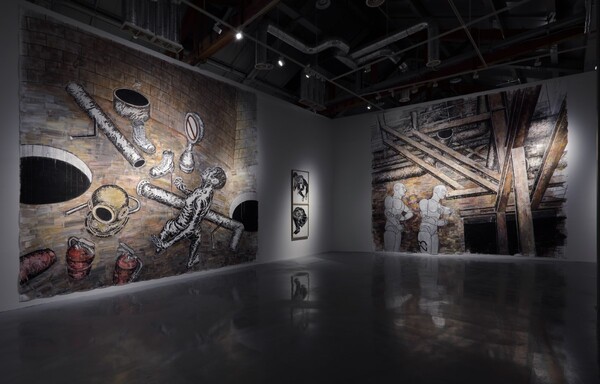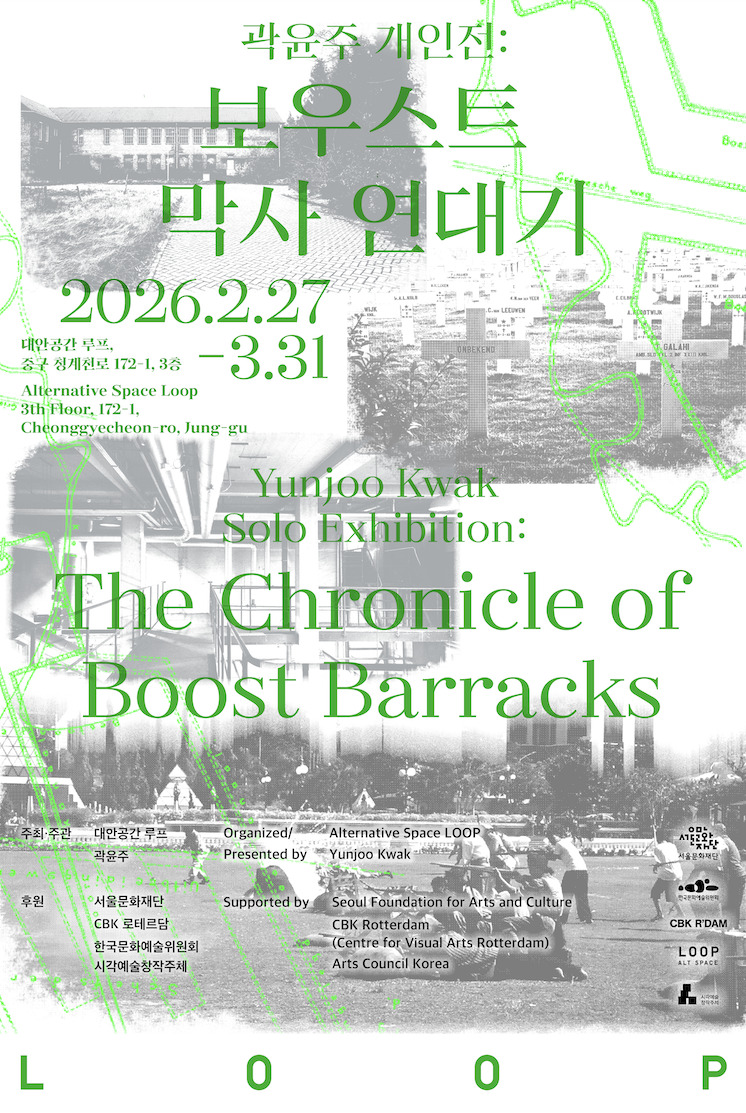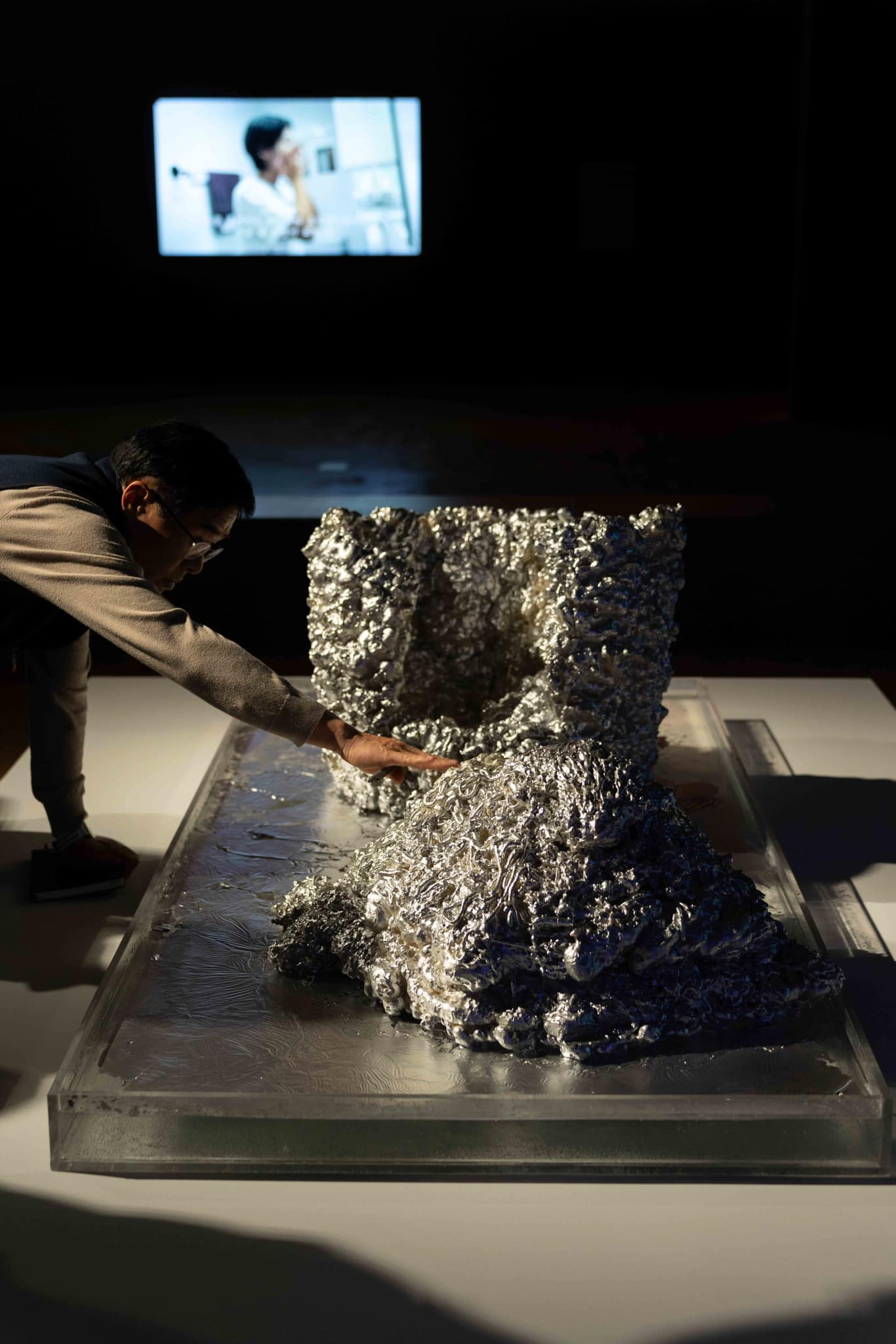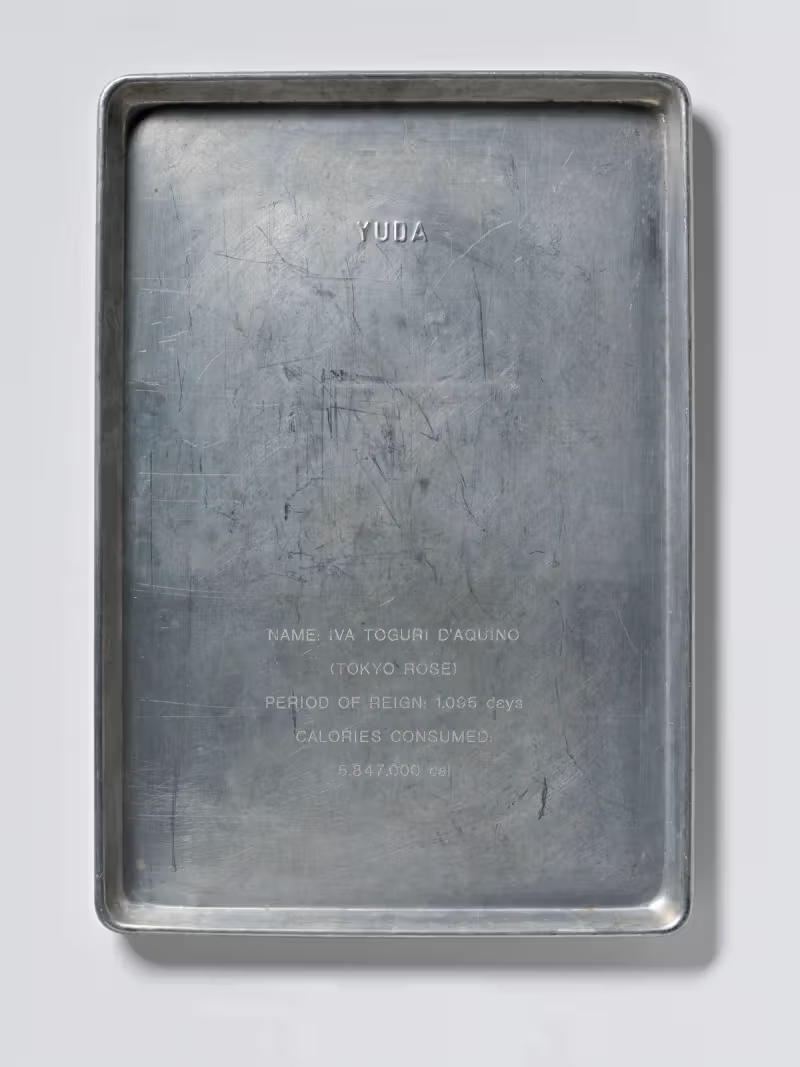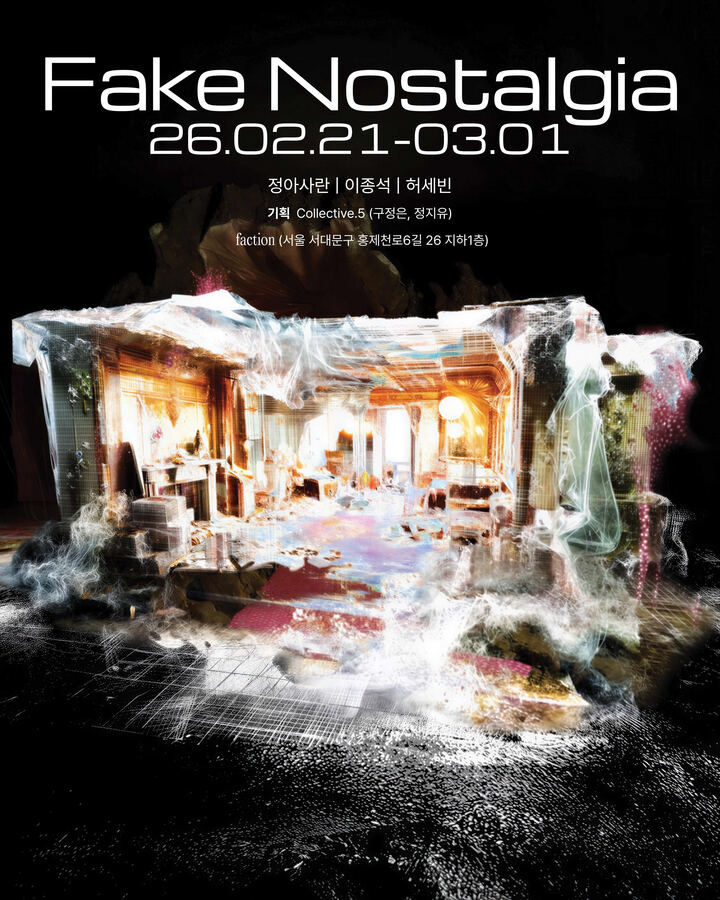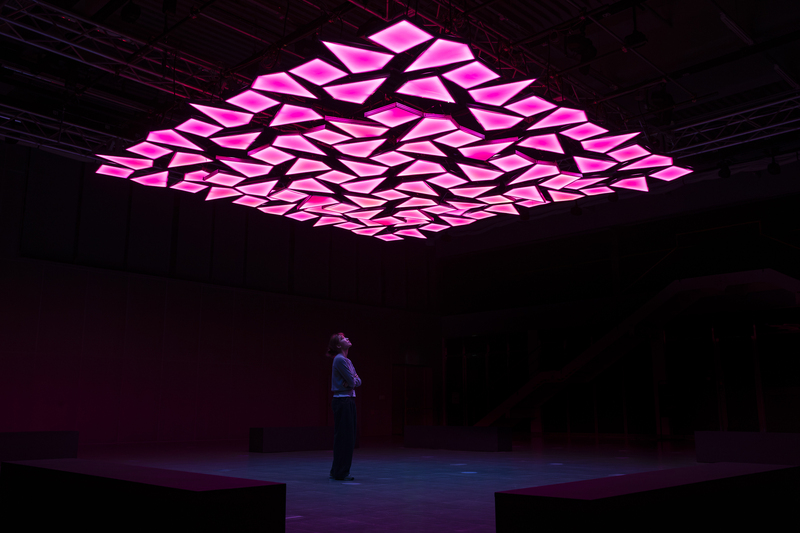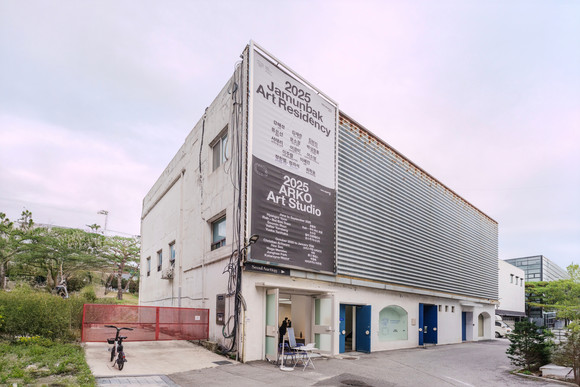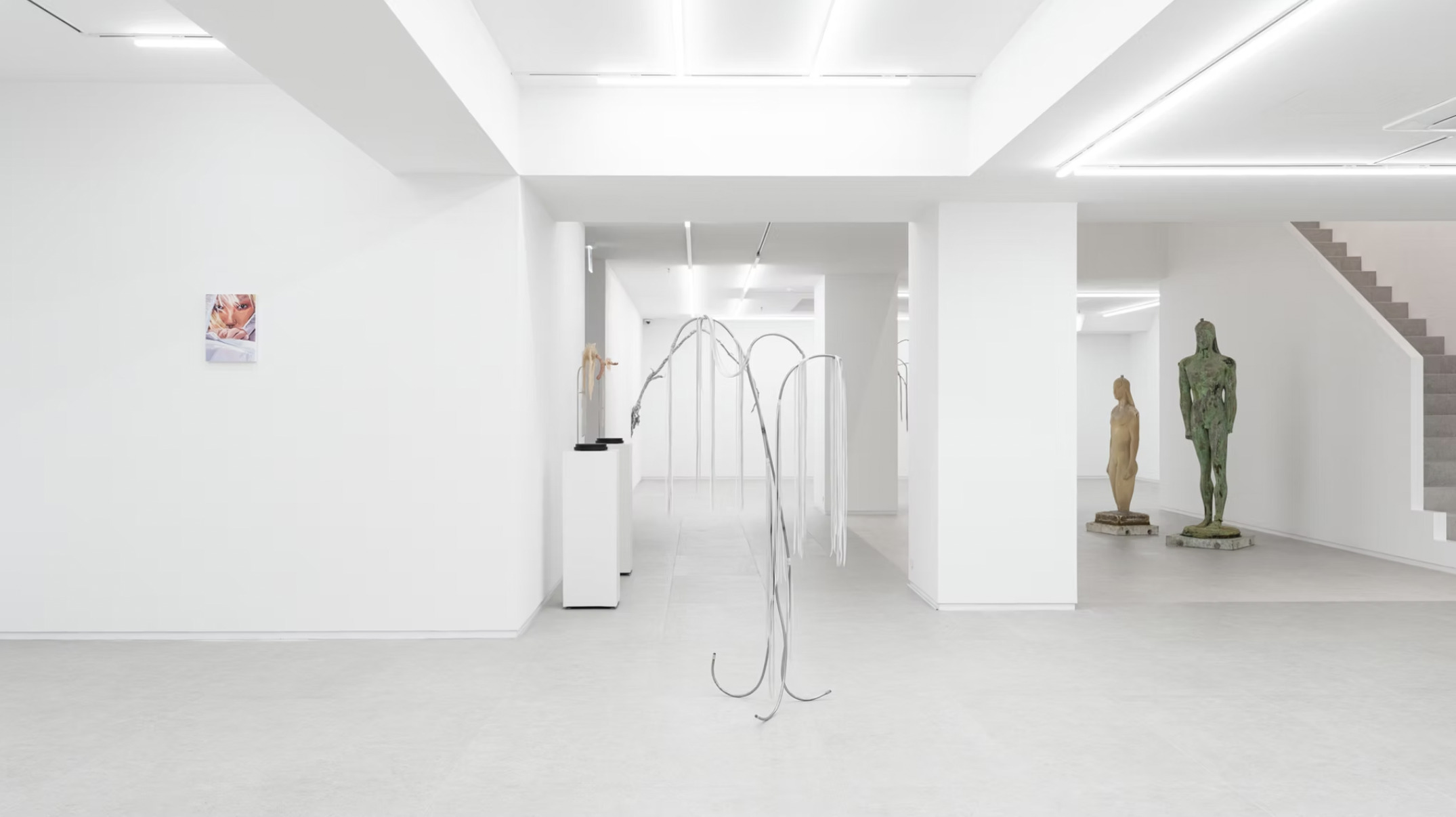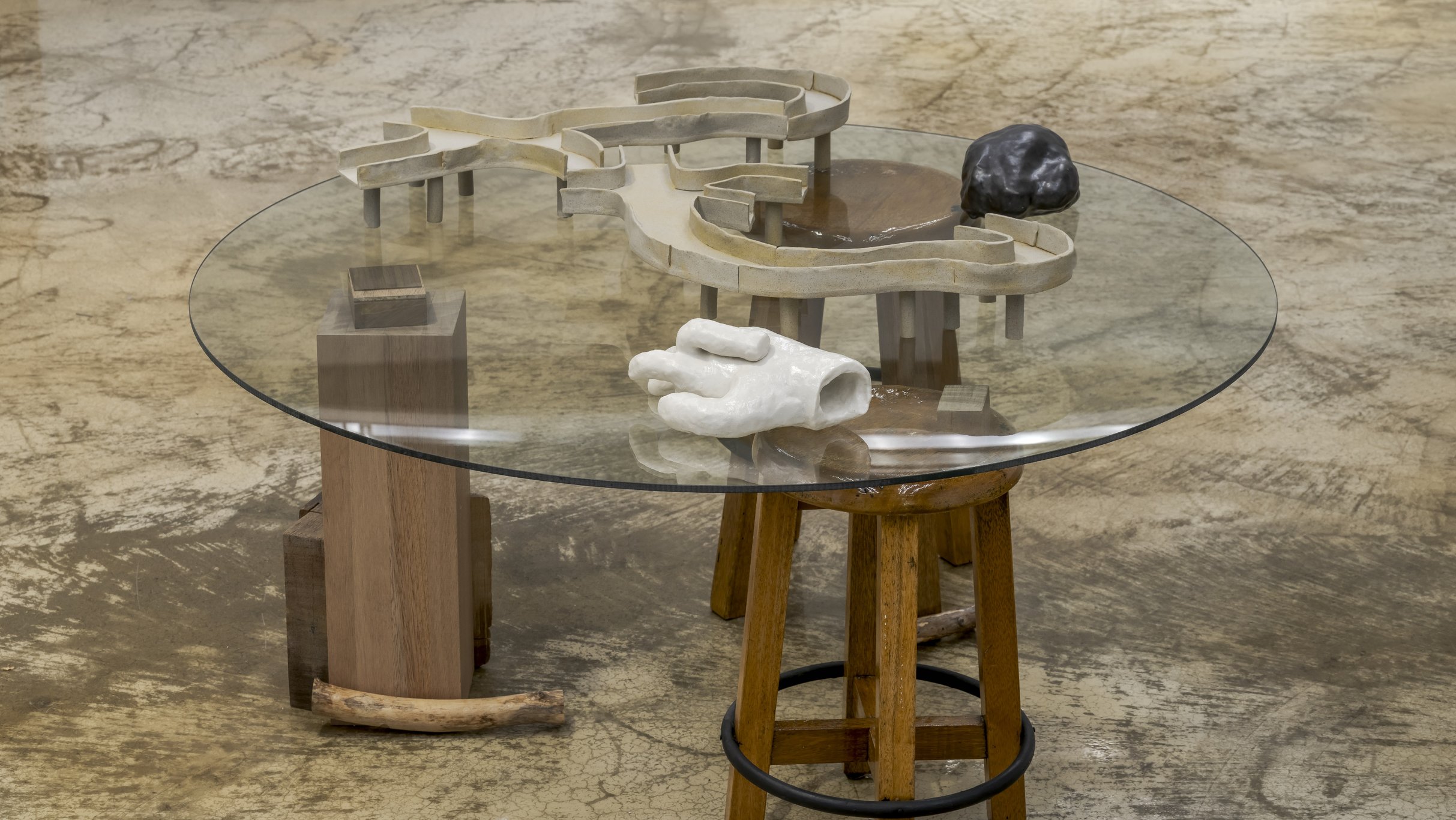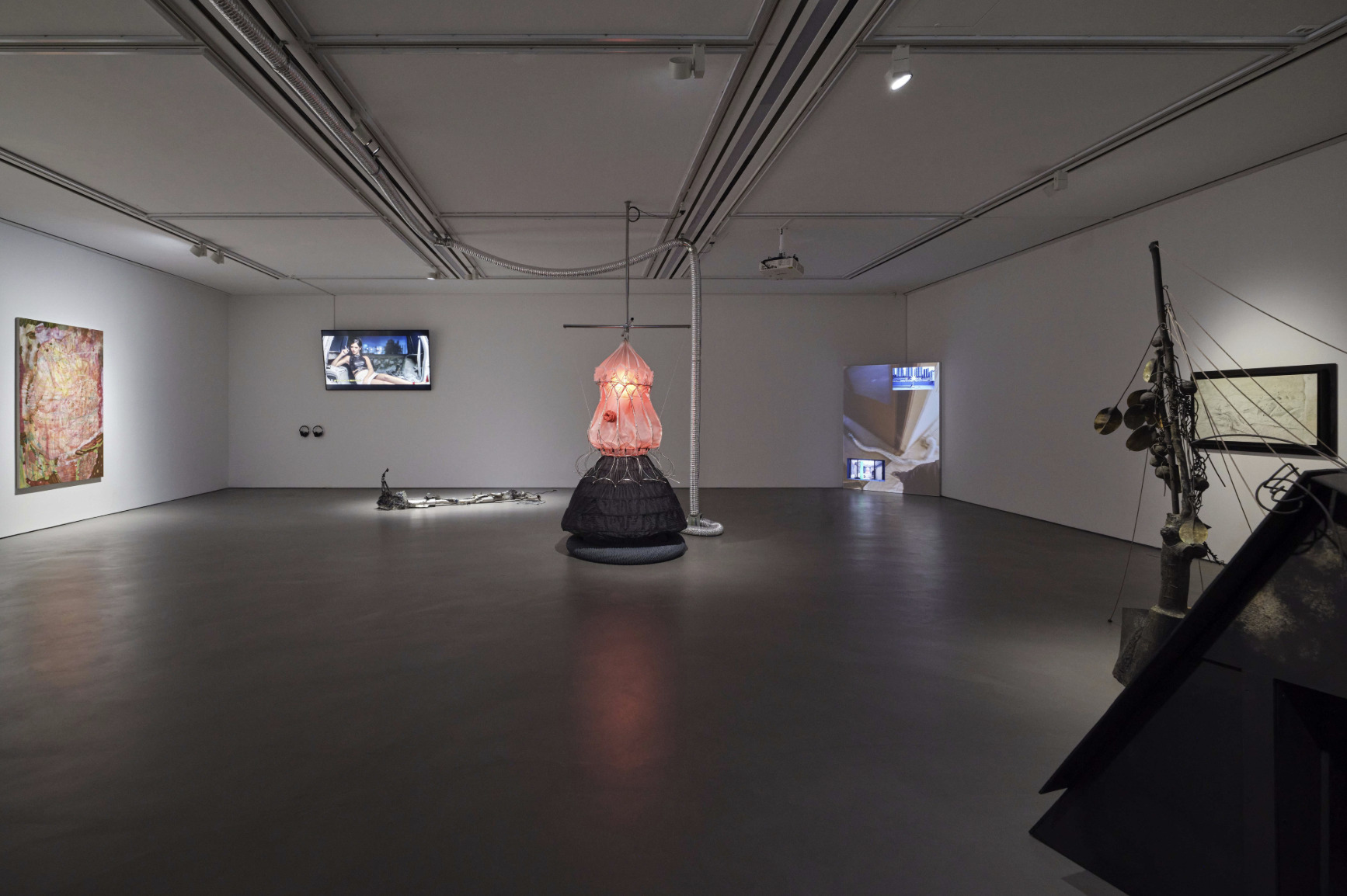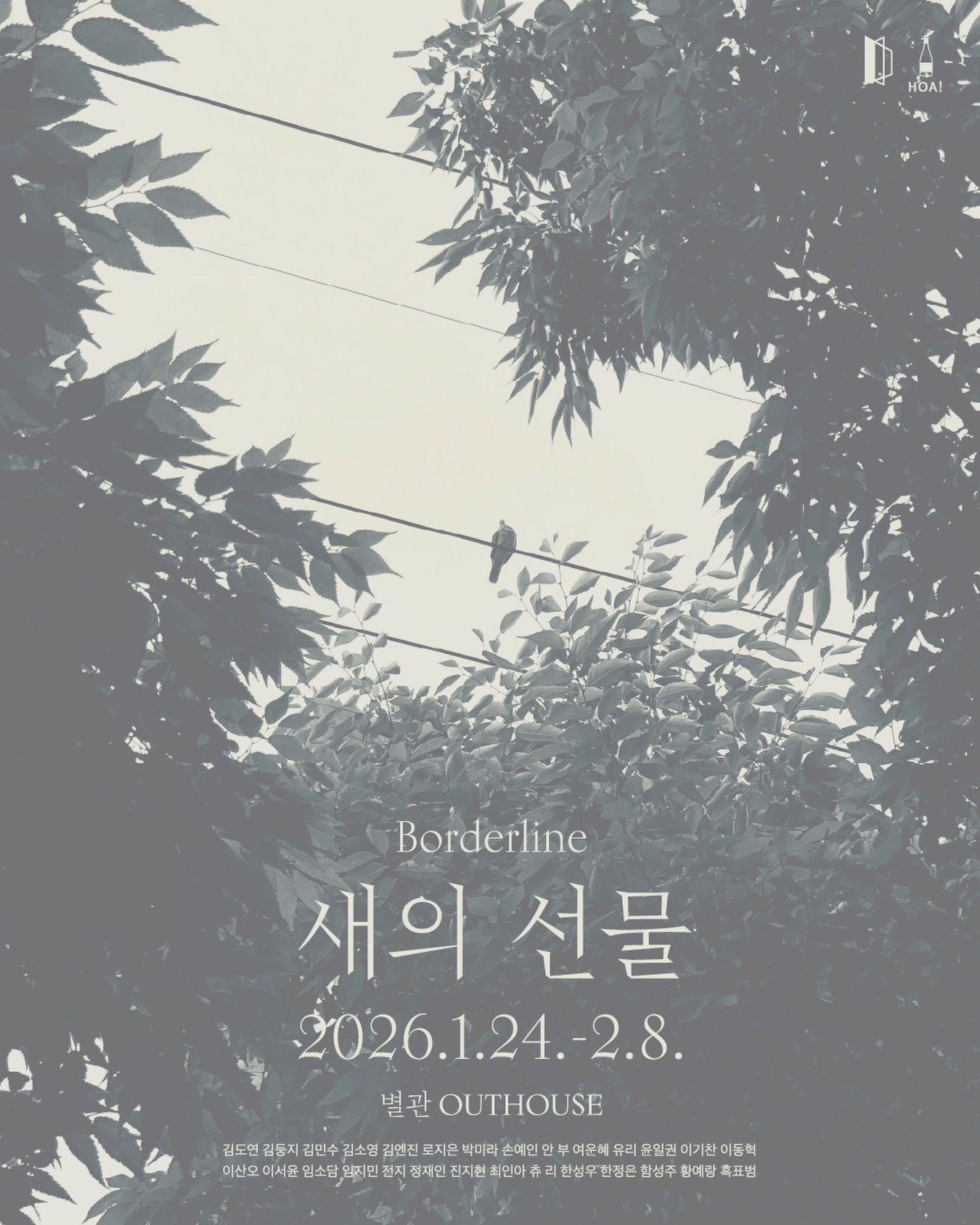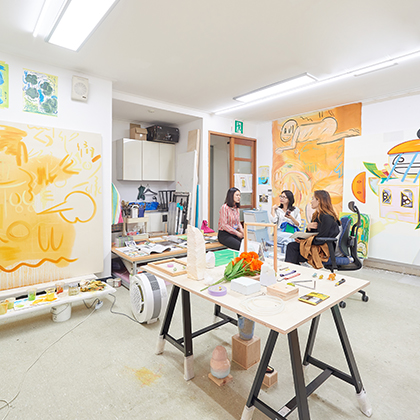
Studio view of Incheon Art Platform. Image courtesy: Incheon Art Platform.
Participation in residency programs has become crucial to an artist’s resume. Especially for emerging artists, being selected for a residency program not only signifies gaining a dedicated space for creative pursuits but also serves as a significant accolade for workshops, exhibitions, and networking opportunities.
The Incheon Art Platform in Incheon City has a well-known residency program. Recently, the platform showed an intention to discontinue its residency program to open its space to its citizens rather than artists in order to increase the number of visitors.
The art community strongly opposed this move, leading Incheon City to partially accept the art community’s stance by expanding opportunities for Incheon-based artists while opening alternative residency spaces for artists from other regions.
However, the decision by Incheon City did not specify the replacement venue or provide a clear timeline for continuing the existing program that had welcomed both domestic and international artists. The art community criticized the decision, suggesting that the city and institutions failed to grasp the true essence and meaning of the residency program.
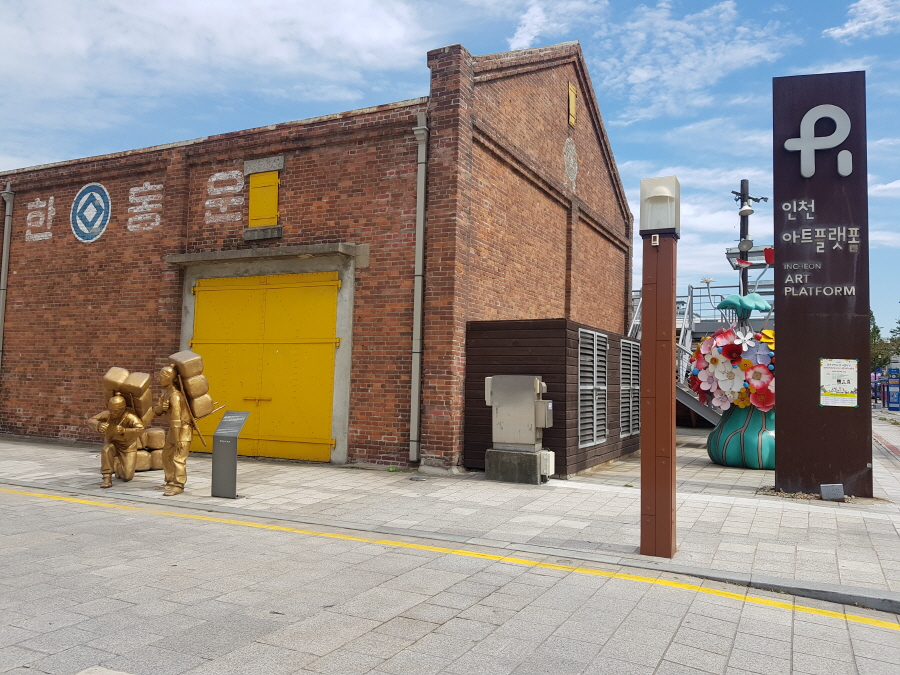
Exterior view of Incheon Art Platform. Image by Incheon News.
Artists choose to participate in residency programs not just because they need studio space. They seek to exchange knowledge with artists from diverse backgrounds, foster collaborations, and engage in various exhibition and education programs offered by residencies, providing audiences with opportunities to experience a wide range of cultural arts. Local art organizations, citizens, and members of the Incheon City Council also voiced opposition to this restructuring plan.
Incheon Art Platform, housed in remodeled century-old buildings and established in 2009, has been a representative residency studio in South Korea for 14 years. More than 500 prominent artists have passed through its doors, including artist Yun Suknam, a pioneer in Korean feminist art; 2023 Korean Artist Prize nominee Sojung Jun, Cha Ji Ryang, who participated in the Seoul Media City Biennale; and Chinese artist Zhou Qi.
Meanwhile, the Gongju Foundation of Culture and Tourism’s ‘Culture and Arts Village’ has been gaining traction in the art world by expanding artist-centered residencies in Gongju to the entire country. This is aimed at strengthening artists’ capabilities and expanding their artistic networks.
The issue of the relocation and modification of the Incheon Art Platform’s residency function will be further addressed on the 15th by the Incheon City’s Department of Culture, Sports, and Tourism.



